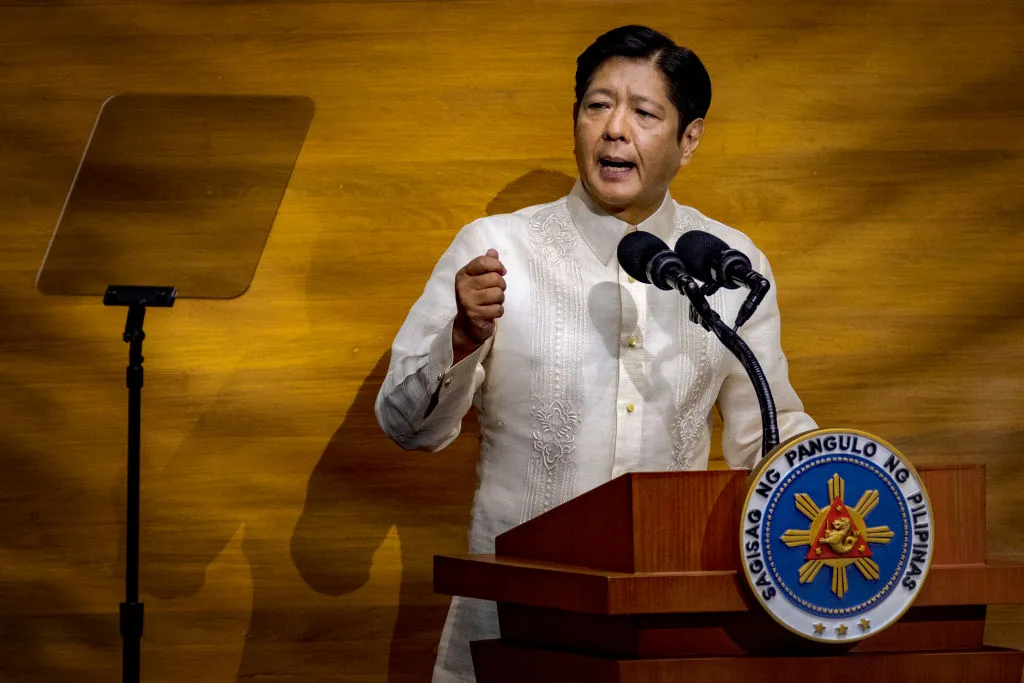
In a notable departure from expectation, Philippine President Ferdinand Marcos Jr. made no mention of a domestic online gambling ban in his State of the Nation Address (SONA) on July 28, 2025. Despite widespread public and legislative pressure calling for outright prohibition or tighter regulation of iGaming, the President’s silence drew attention—and praise—from policy analysts who interpret it as a deliberate and considered move.
Marie Antoinette “Tonet” Quiogue, a respected gaming law expert and CEO of Arden Consult, characterized the President’s omission not as an oversight but as a strategic display of restraint. In commentary published shortly after the SONA, she wrote that he “chose not to declare a position” on this highly charged issue. “This was not a missed opportunity—it was a conscious choice to avoid a knee‑jerk policy that could create more problems than it solves,” she argued, commending his refusal to take “a populist or overly simplistic stance” and instead opting to leave the door open for a more “thoughtful, evidence‑based approach”.

While President Marcos may have remained silent, others in his administration signaled that evaluation is ongoing. Department of Finance head Ralph Recto confirmed that discussions are underway regarding possible new regulatory measures for the online gaming sector. Similarly, Palace officials stated that the President is “still studying and evaluating the impact of online gambling to the country and to the Filipinos”.
Experts like Quiogue emphasize that the stakes are high. Licensed online gaming contributed more than PHP 112 billion (roughly US $2 billion) to government revenues in 2024, funding critical programs such as PhilHealth and the national treasury. Quiogue notes that the controversy around POGOs—which catered to offshore bettors, particularly Chinese citizens—does not directly apply to domestic licensed iGaming. She cautions that a sudden ban on legal, homegrown operators could undermine investor confidence, weaken regulatory credibility, and even encourage players to migrate to illicit offshore platforms.
Critics of this restraint, including senators like Juan Miguel Zubiri and Raffy Tulfo, have likened online gambling to a moral crisis demanding immediate action. They frame online gaming as a growing social epidemic—citing addiction, family distress, and youth exposure—and argue for sweeping bans or strict curtailment measures. But Quiogue contends that such reactionary moves may reproduce past regulatory failures seen in countries like Germany, the Netherlands, and Indonesia, where draconian policies merely drove players underground, eroding government control and revenue collection.
In the absence of presidential direction, the policy conversation is expected to shift to legislators and regulatory agencies. Quiogue insists that future steps must be grounded in robust data, alignment with international experience, and broad stakeholder consultation: “Now, the real gamble is whether we can deliver on the promise of regulation—reducing the harms while preserving the benefits”.
Marcos’s silence, in this reading, becomes not a retreat but a signal that the complexity of online gambling demands measured, evidence-based policy rather than political expedience. While uncertainty and social risks persist, the President’s posture suggests a preference for sober deliberation over populist reaction. The challenge now lies in crafting legal frameworks and oversight mechanisms that can harness the sector’s economic contributions while safeguarding Filipino households—a high-stakes policy arena worthy of deeper study and deliberation.

 Content Writer: Janice Chew • Tuesday, 25/07/2025 - 23:23:47 - PM
Content Writer: Janice Chew • Tuesday, 25/07/2025 - 23:23:47 - PM